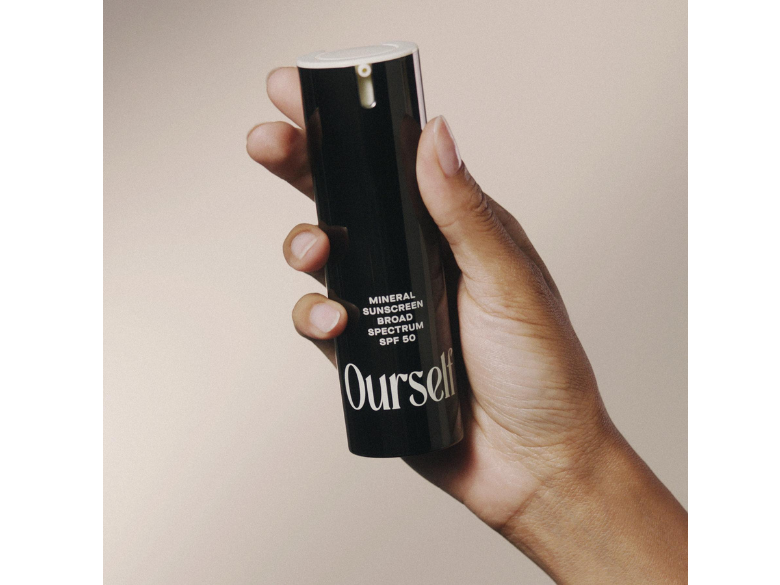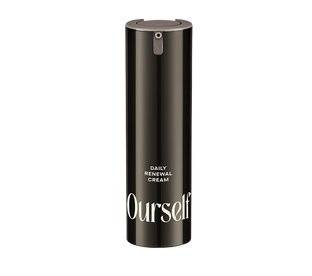
Piling on the SPF during warm, sunny months seems like a no-brainer, but during the winter, when strings of days are grey, cloudy, rainy, or snowy, sunscreen seems like an extra step you can skip. However, any dermatologist will tell you that this simply is not the case. Here’s why.
Quick refresher: The two types of UV rays consist of UVA and UVB rays. The former, Ultraviolet A rays, make up the majority and they are powerful enough to penetrate through those dark, cloudy conditions associated with the colder season. Additionally, they can cause dark spots and wrinkles from premature aging. The latter, Ultraviolet B, are responsible for sunburns, and are especially reflective off of ice and snow, which is why wearing sunscreen during ski trips is especially crucial. Even small amounts of UVA/UVB exposure add up over time.
Another source of light waves, blue light, has also been linked to premature aging. Blue light exposure attacks skin cells by creating free radicals, which results in oxidative stress, and breaks down proteins like collagen and elastin. When these structures are damaged, the result is an increase in sagging and wrinkles.
Blue light is naturally emitted from the sun as well, however, it’s also present in LED technology, which is used in the devices–like computers, television, and phones–that we interact with every day. Arguably, you may find yourself spending a lot more time interacting with your electronics when winter weather forces you inside.
The best protection against blue light is a physical SPF. Physical sunscreen relies on minerals like zinc oxide that sit on top of skin and reflect away UV rays, and many dermatologists prefer to recommend physical formulas because they tend to cause less issues when it comes to skin sensitivity. Physical blockers are convenient as well: Unlike chemical formulations, there is no downtime. (You need to apply chemical sunscreens approximately 15 minutes before sun exposure.)
If you choose wisely, your sunscreen could be giving your skin additional benefits as well. For example, Ourself Mineral Sunscreen Broad Spectrum SPF 50 was not only formulated with and tested by board certified dermatologists, its formula contains key antiaging ingredients. Firming Intides™–our patent-pending peptides promote visibly firmer, smoother skin. Niacinamide helps prevent the appearance of new spots while visibly balancing the appearance of your skin tone, and helps to visibly reduce discoloration, lines and wrinkles while improving skin elasticity and skin barrier function. A trio of antioxidants helps protect, and rice bran extract and jojoba esters sooth and soften skin. If you’ve leveraged one of our peels, using a combination of Daily Dark Spot Intercept and Mineral Sunscreen as part of your everyday regimen will help you maintain your results.
The bottom line: Sunscreen isn’t just for summer use. And the right formula can also lend extra skincare benefits that lead to better skin, every day of the year.

